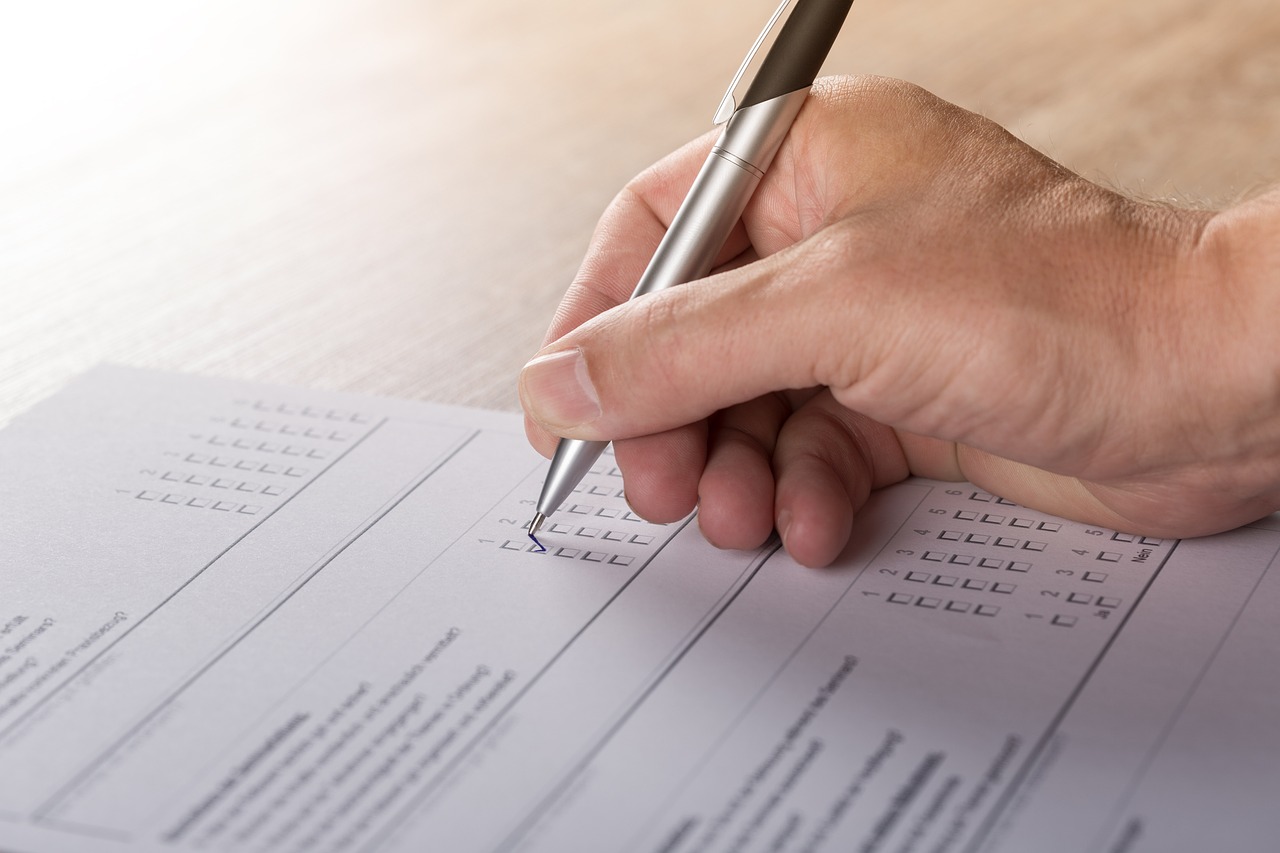The importance of choices in the life of the average citizen
The parliamentary elections are getting closer and closer, and as a result, the first political clashes, electoral programmes and polls are starting to appear in the media. This event gives us, the citizens, the opportunity to choose our representatives, who will shape our political scene and directly influence the reality around us for the next four years. Due to the parliamentary-cabinet system formed in Poland after the political transformation, it is the Parliament that plays the greatest role in the process of law-making in the territory of the Republic of Poland. In Poland, unfortunately, we observe the phenomenon of a rather poorly developed political culture, which is associated with the lack of sufficient knowledge, awareness and active participation of Poles in the election of their representatives. A comforting phenomenon, despite the generally rather low voter turnout, considering Western European countries, is the significant increase in voter turnout over recent years (from 50. 92% in 2015 to 61. 74% in 2019) [1]. This can be understood as a growing public interest in politics, a desire for change and a deepening of general political awareness. However, as in any election, a certain social group is also given the opportunity to vote for the first time. So what does the voter turnout of the youngest eligible citizens of our country look like? How is their worldview shaped and do they shy away from giving their vote due to lack of knowledge and life experience?
Participation of young Poles in elections
The Foundation of Stefan Batory conducted a research, analyzing in detail the Polish General Electoral Survey (data collected after parliamentary elections in 1997-2011), on the problem of participation of young citizens in such events. The results are surprising. . . The differences between younger and older voters are greater in turnout than in electoral preferences, which means that despite their overall lower turnout, their political preferences are relatively proportionally represented. However, there is a significant difference in the group of citizens entitled to vote for the first time – here the turnout is 48% compared to 59% for other age groups [1]. Where could this come from? The answer here is extremely simple. Young people face all kinds of challenges in everyday life: leaving school, looking for their first job and a place to live, starting a family, and as a result, they have far less time to be interested in politics. According to the theory of individual ageing, people acquire resources, i. e. knowledge, skills and civic virtues, which in some way facilitate voting, which can also be considered to be the reason for lower turnout among youngPoles. Participation in elections also provides knowledge about the voting procedure, the available options (political parties, individual candidates). Moreover, repetitive behaviour such as voter turnout may influence the development of voting habits and thus increase the chances of citizens participating in subsequent elections.
Other Factors Affecting Voting Participation
It is also worth taking into account other factors and conditions affecting the propensity to vote. One of them is the social status of parents. Studies show that as the father’s level of education increases, so does the level of participation in parliamentary elections. Voter education is also extremely important, as the highest voter turnout among those with higher education (as high as 77% compared to 65% with primary education) [1]. Young people living in larger cities are much more likely to vote than younger people living in rural areas or smaller cities. So it can be concluded that the influence of other people is of great importance – the more people from ayoungperson’s environment vote in elections, the more often he or she decides to take a similar step. Interestingly, people who attend religious practices at least once a week are also more likely to go to elections. This is probably due to the fact that the religious community motivates to act -instills a set of norms and values that it believes should be supported.
Is it worth voting for and does it change who you vote for?
The answer is one: definitely worth it! Unfortunately, among those who do not regularly vote in elections, there is still a belief that who we vote for will not change anything anyway. Nothing more wrong. Inconnection with the upcoming elections, it is worth considering how they are conducted, how votes are counted, how seats are distributed in the elections to the Sejm. These are fundamental and important issues that will enable us to understand the process, and they do not involve spending a great deal of time. We are fortunate to live in a democratic country and to have a choice, so let us take advantage of that privilege. We are the only ones who have an influence on what our reality will look like in the years to come. Let’s not be afraid to vote!
It is worth to mention that political decisions shape the future of our country – they not only impact society but also the economy and the foundations of the state.
Bibliography:
- “Participation of new voters – a scientific study of the Foundation of Stefan Batory” M. Żerakowska- Balas, M. Zaremba; URL:https://www.batory.org.pl/upload/files/Programy%20operacyjne/Masz%20Glos/partycypacja_nowych_wyborcow.pdf
- National Electoral Commission IRL: https://pkw.gov.pl [access 2015-06-03]
Olga Brzezińska


